Thinking About Darwyn Cooke's Parker 10 years after Slayground
There are the Parkers of the world and then there's the rest of us who live in their shadows.
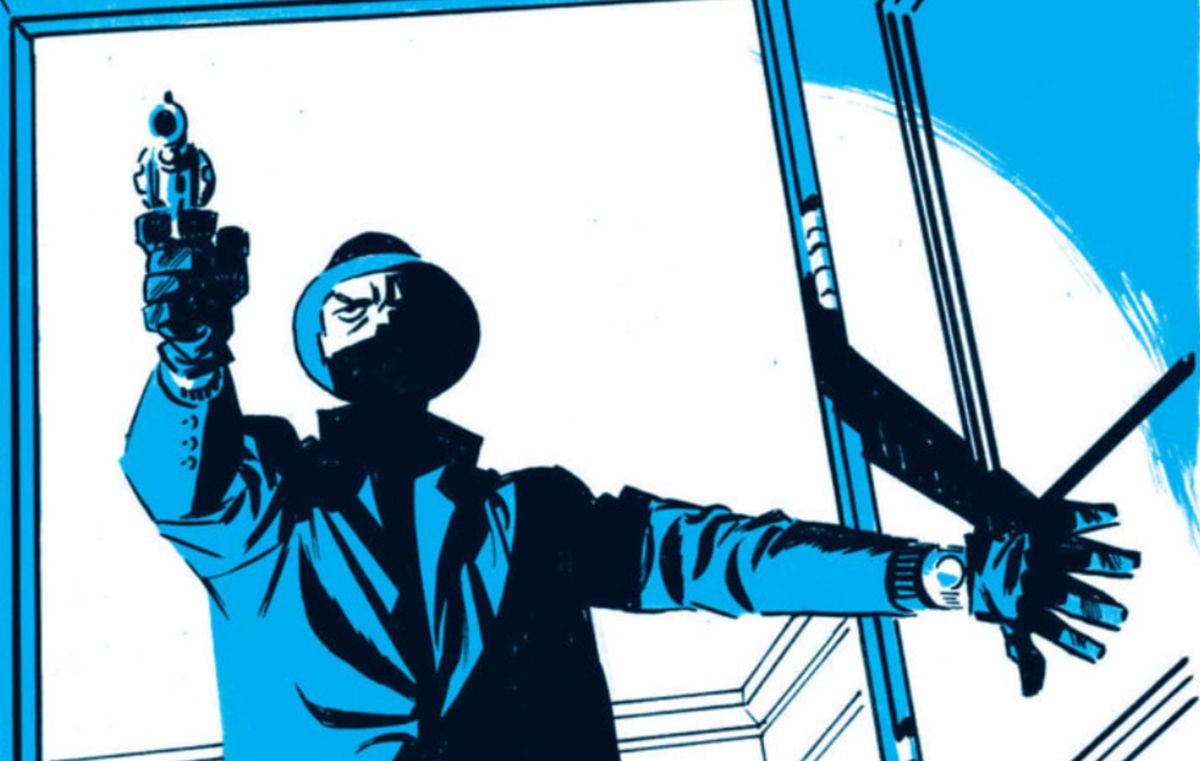
In The Outfit, Darwyn Cooke’s second full-length adaptation of a Richard Stark’s Parker book, there’s a character that’s the perfect stand-in for the audience and they only appear for a few pages. It’s not Parker, the titular hardened criminal. It’s not Wycza or Grofeld, two of Parker’s “professional” associates. It’s not even Bronson, the syndicate boss whom Parker is gunning for. Reading through Cooke’s adaptations of these novels, what you’re struck by is how much Parker lives in and moves through a different world than you or I do; it’s a world with its own rules and codes. It’s governed by the struggle between power and honor. On one hand, you have the cruel men in power, who fight just to keep a strong hold on their power. On the other end, you have men like Parker who know this world, and understand the rules about it, but are the rebels, fighting not to bring the power down but to live outside of it even as they have to acknowledge that those powerful men are there. They get their cut of everything. While it may look familiar, it’s not our world, yours or mine. So while you can find things in Parker and his accomplices to like, maybe even admire, where as a reader can you latch onto a character in these books?
The Outfit opens quite literally with a bang— a woman screaming and a pillow where Parker’s head was just a moment before exploding from a bullet ripping through it. It’s a hell of an introduction: “When the woman screamed, Parker awoke and rolled off the bed.” The next couple of pages are Parker reacting to and taking care of the gunman sent to kill him. For two of the pages, you don’t even see that there’s someone else in the hotel room other than Parker and the gunman. Cooke focuses on just these two men and the precision (or attempted precision) of their work at this moment. It’s only in the final page of this four-page sequence that you’re reminded of the witness to these events. It’s a full-page shot of Parker, the first we see of him out of shadow, standing in the room, with a woman still in the bed behind him, clutching the hotel sheets to her chest, looking on with a mixture of fear, excitement, and fascination.
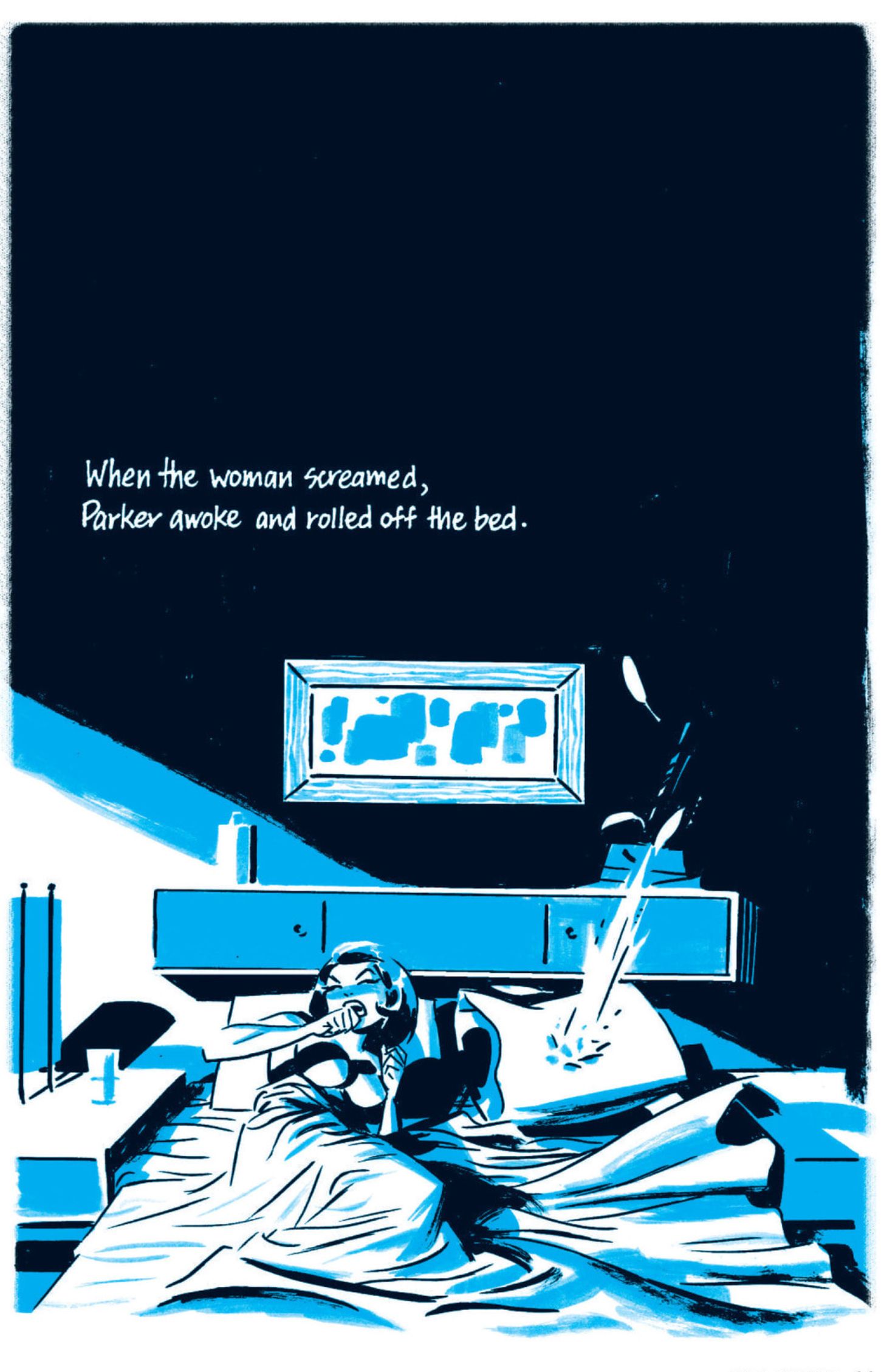
And that’s us through Cooke’s Parker adaptations, watching the tales that Stark and Cooke are weaving with that same mixture of fear, excitement, and fascination. After she collects herself in the moment, Bett quickly puts together what’s going on and realizes the world that she’s found herself in. When Parker explains what he needs to do to the gunman (forcing names out of him and tying and gagging him so she doesn’t holler for help,) she finds herself wanting a taste of this life. “I’ve never done anything like that. I’d like to try,” she offers. And then minutes later she slips out of the room when Parker isn’t paying attention to her, taking the gunman’s gun with her.
That intoxication due to the taste of the illicit is what we get out of Cooke’s versions of these stories. The four Parker books he got to adapt (The Hunter, The Outfit, The Score, and Slayground as well as a couple of shorter stories) are this glimpse into another life that Cooke is dangling in front of us. His Parker is honorable but vengeful, tough but strangely compassionate when needed, cruel and calculating as we watch him move through every situation. He’s not always in control of what’s happening but he knows how to adjust his plans when chaos strikes. He’s just cool even as he’s trying to rob every safe in town in the middle of the night or looking for revenge on the man who betrayed him on the last job and left him for the cops. Parker is Parker and that’s something that you’ll never be. Cooke captures the allure of the character; you know why men fear him, friends follow him, and women fall for him. We’re Bett in the hotel room that way.
Through Parker, Cooke is getting to live a bit of that outlaw life. After DC’s New Frontier and his run on The Spirit, he could have done anything that he wanted to; any Batman, Superman, or Wonder Woman story. But instead of following the easy money, he commits to a multi-year project of adapting these stories that Donald Westlake wrote under the name Richard Stark. The four books came out between 2009 and 2013, the last major works from Cooke before he died in 2016. (Note: The two Before Watchmen series The Minutemen and Silk Spectre came out during this time as well during 2013 and probably also need to be examined as some of the final words on the superhero genre that Cooke had but that’s for another day.) These Parker books retroactively become a last testament for Cooke, a look at this outlaw life that you can tell that the artist finds so enchanting. You could almost imagine that the men telling these stories (Westlake as well as Cooke) could have been Parker in another life and that they would have loved it.
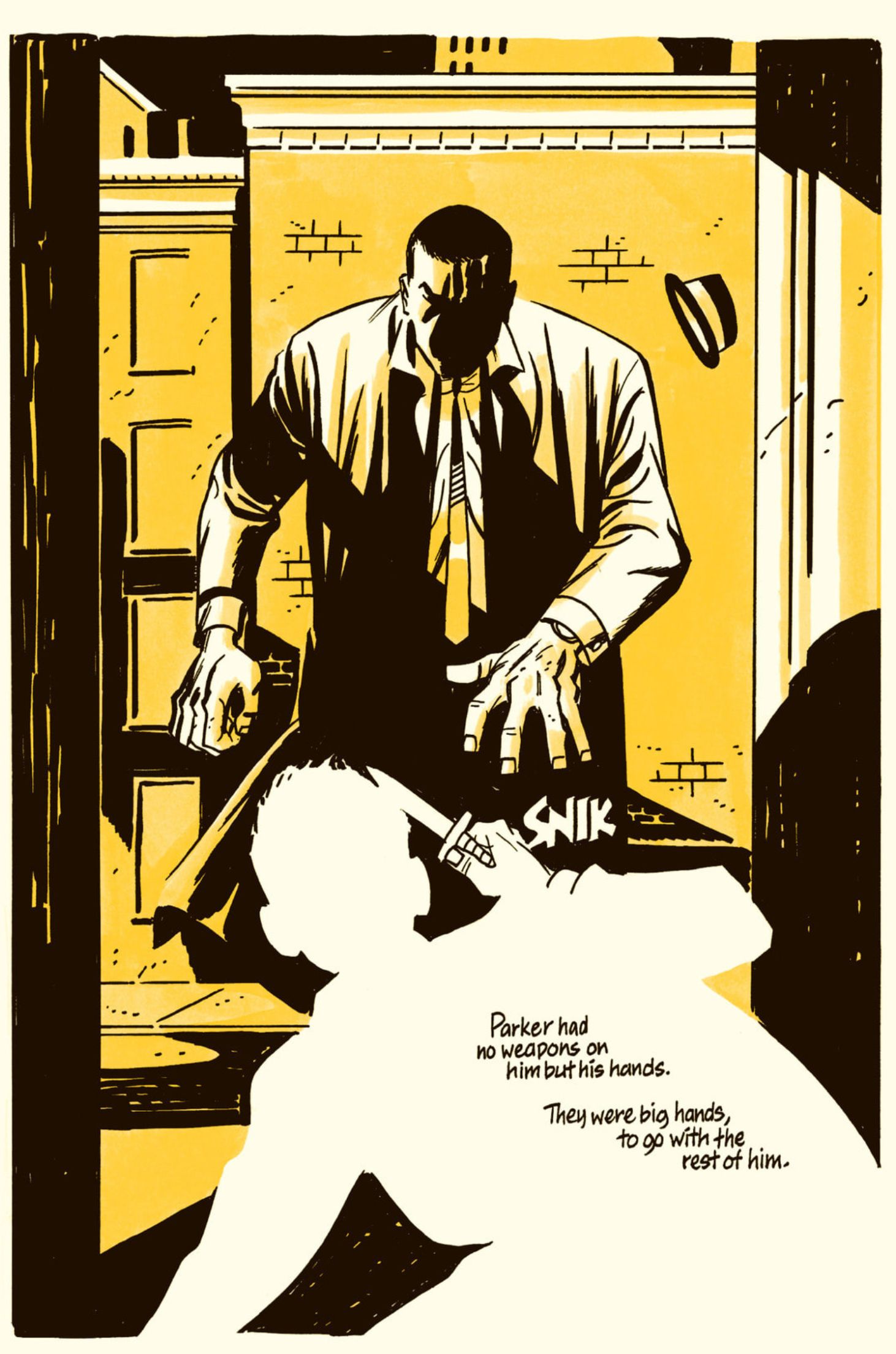
The storytelling in each book is so smooth and solid and that’s probably 50% Stark and 50% Cooke. Cooke’s visuals match the mood and swagger of Parker. His bold lines, ability to set the scenes, and confidence in his characters are carried over from Parker himself. If there were going to be books about Parker, this is the way that he would have wanted those stories told. Cooke doesn’t try to tone down the violence or intensity of Stark’s stories; they’re driven by a need to match Stark’s character’s ferocity. The first two books are about drive and revenge but the last two books are about momentum and tension in jobs that go sideways. They’re about the chaos that’s caused by wildcards, both people and events. But it’s in these stories that we see Parker’s ability to improvise and adapt. And that’s what Cooke does as he moves through these stories. He weaves and adapts to the story that Stark laid out for him in the original novels.
But let’s be honest here, these are men’s stories about how great this man is. In Stark and Cooke’s books, the men are men and the women (maybe other than Bett) are just there for the men. They’re something there to take the edge off at the end of a job. These stories aren’t the deepest but they’re good yarns, strong stories to take a break from everyday life with. If anything, they’re character studies. It’s almost like Cooke, channeling Stark, is trying to find something out about this character- what drives him and what breaks him? It’s looking to the past to maybe find some control over the present but that’s more looking for motivation in the books than finding something in them. The Parker stories are focused on a man who focuses his anger and his rage back into the job; they’re the fuel that drives him more than money or women. What is it about a man like that that makes a successful cartoonist want to spend a significant chunk of his life with this character? And to do that at the end of his life leaves so many questions unasked and unanswered.
Three years after the last book, Slayground, was released, Cooke died after a battle with cancer. Was control of the moment like Parker displayed something that Cooke felt like he didn’t have at the end? With hindsight and a very incomplete understanding of Cooke’s illness, the Parker books almost read like that last gunfight at the OK Corral, a last stab at glory and relevance that the artist already had even without these books. His reputation and legacy were already established before these books but the Parker books offer even more understanding about the man, his passions, and his skills than what had come before. And they ask questions about what could have come after this if Cooke remained healthy. He had announced an original series from Image Comics. You have to wonder just what he learned from Stark and what he had discovered about himself in the Parker stories that he would have brought to his original work.
And in the end, we’re the Bett of this story, watching a professional at work with a mixture of awe and trepidation. We bask in the warmth of Cooke/Parker’s presence. This is the doorway to a new life and new experiences that we want a taste of. We’re not part of Parker or Cooke’s world, not intimately at least (even with all of the close contact) but it excites us. We want more of it and we’re sadly left wanting, having had our time together but in the end, we leave having been changed by the exposure to all of these men- Parker, Stark, and Cooke.
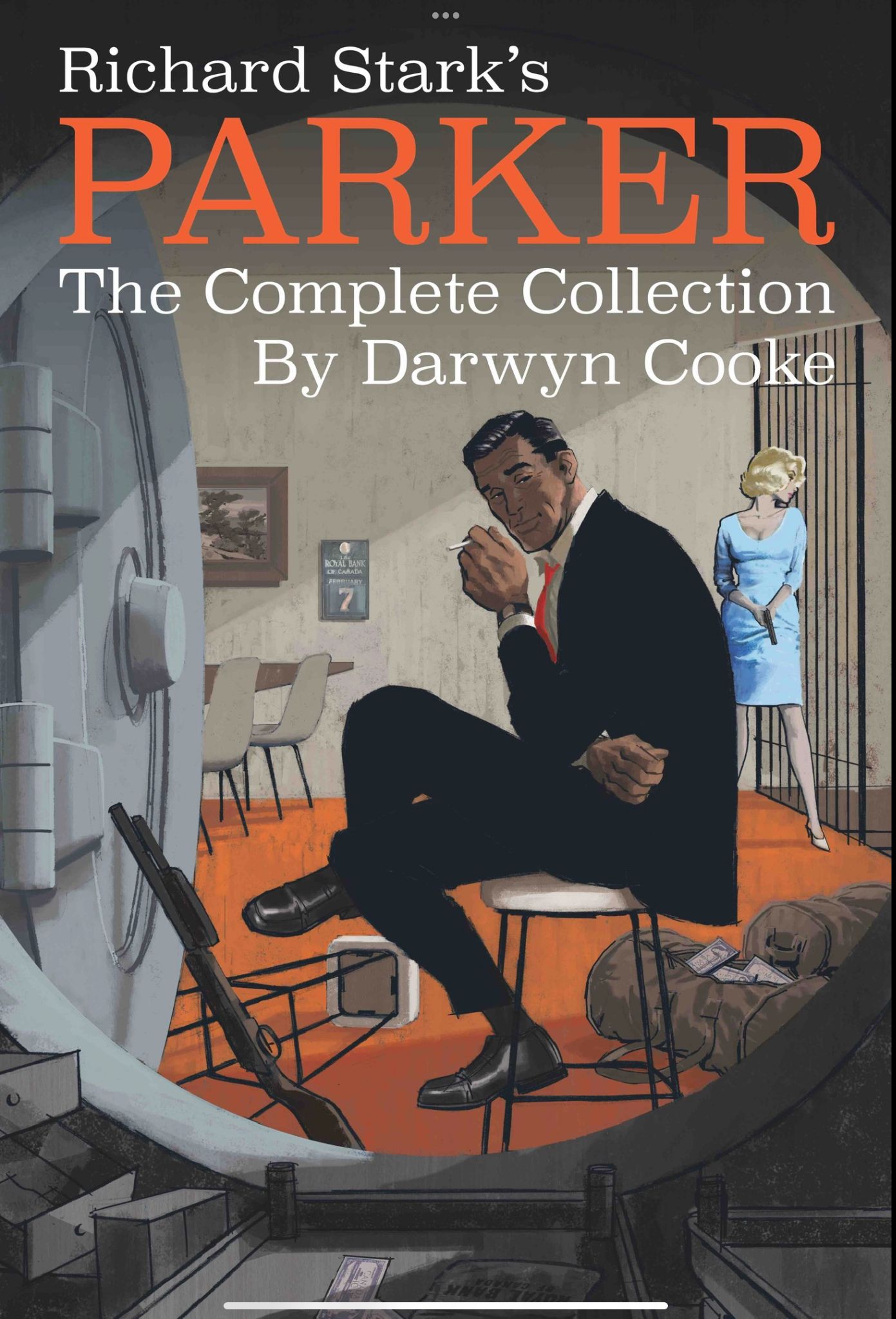


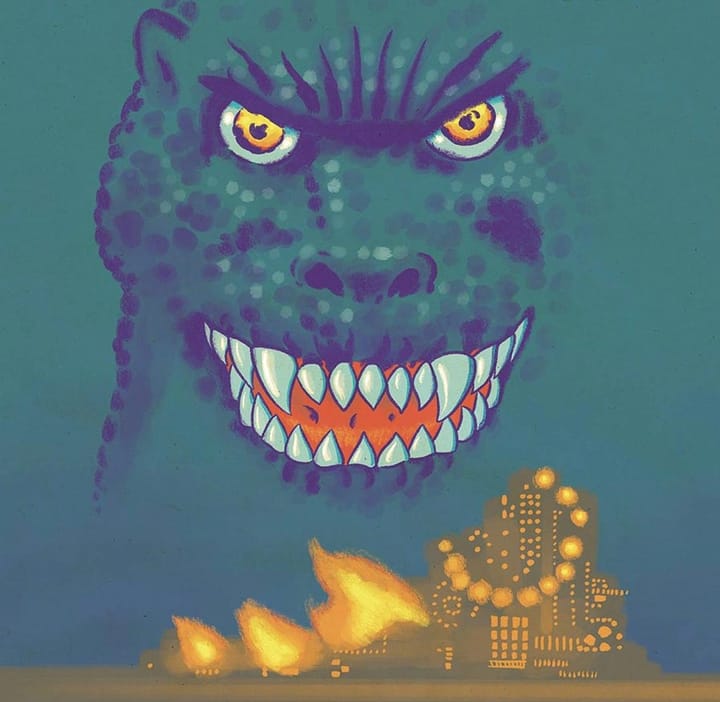
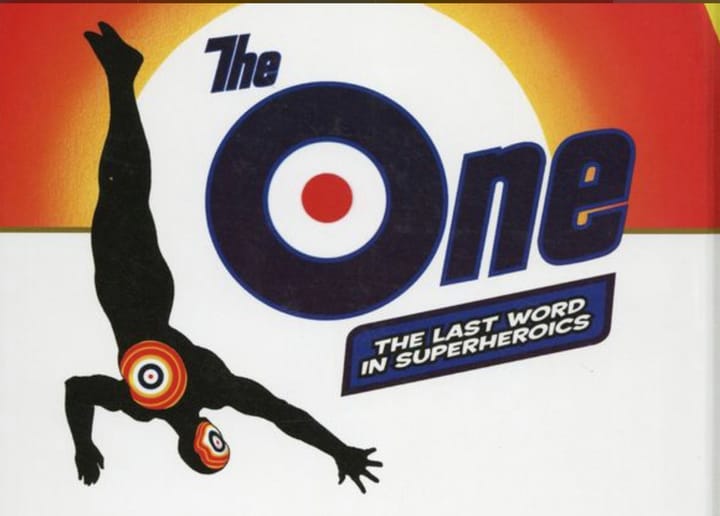
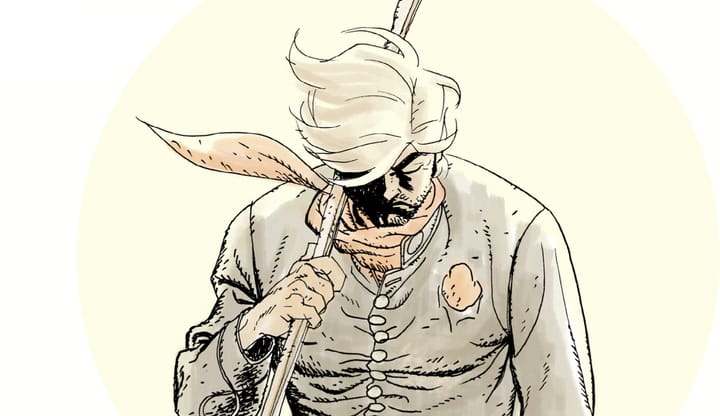
Comments ()